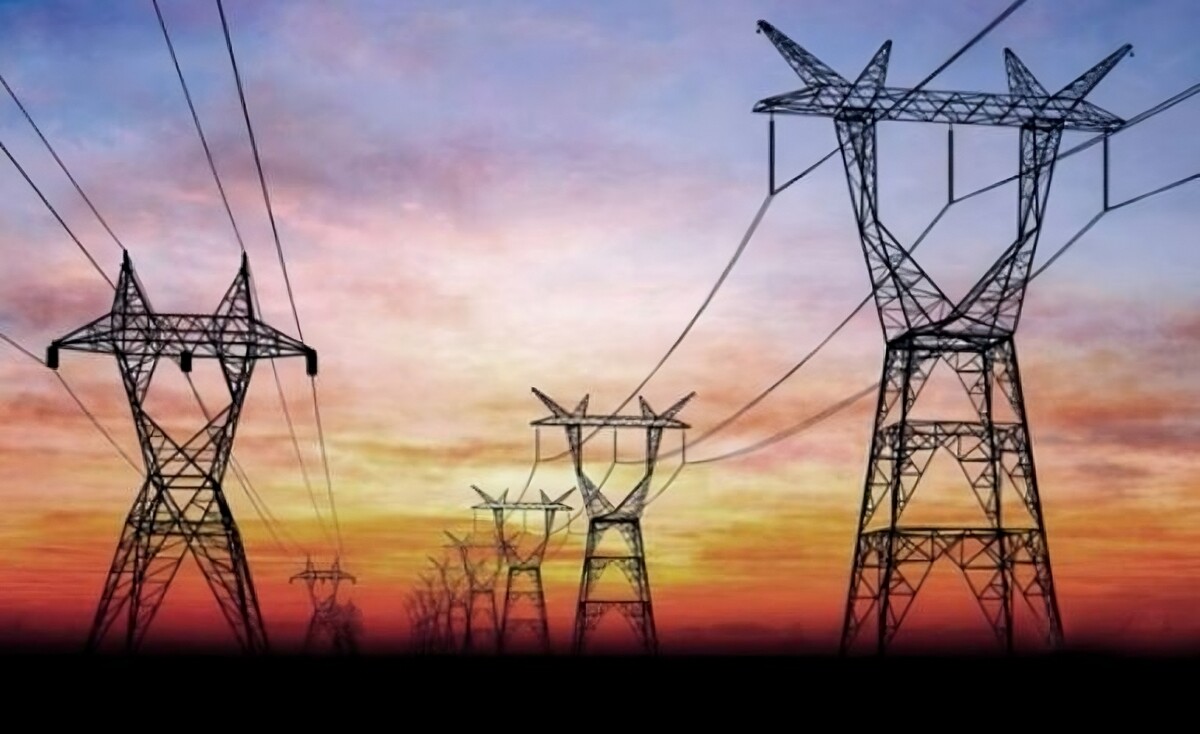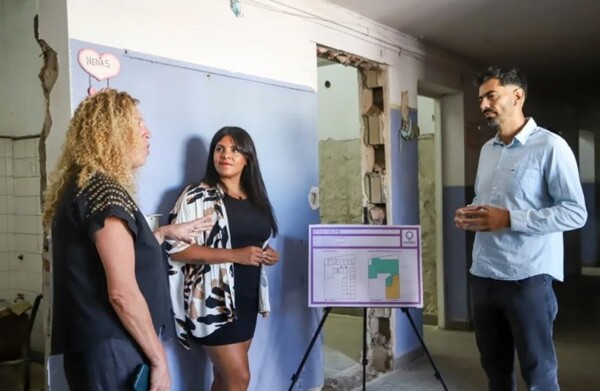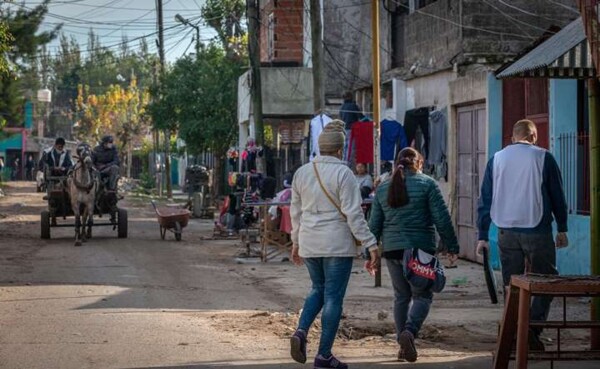
The Argentine government proposed to gas producers and electricity generators a plan to settle transactions for December 2023 and January 2024 through the delivery of public titles for a total approximate nominal value of $600 million. This initiative arises at a time when the country has an energy exchange agreement with neighboring nations such as Uruguay, Brazil, Paraguay, Bolivia, and Chile.
In this regard, it has been decided to postpone the payment of debts with companies in the electric and gas sector, including the Wholesale Electric Market Administrator Company (CAMMESA), a situation that has been dragging on since the administration of former president Alberto Fernández. In response to this measure, the Argentine president stated that payments to CAMMESA will be made in the middle of the year, creating a financial surplus in the first five months of the year to offset these disbursements.
According to figures from the Energy Report, the unpaid debt of the Argentine state amounts to more than $2.2 billion as of April. CAMMESA, responsible for regulating and managing different types of energy in Argentina, has presented a report warning of possible saturations in the system from November to April 2025.
In light of this situation, the government is negotiating agreements to import energy from Brazil and Uruguay, countries that could provide up to 2,200 megawatt hours (MW) and an additional 400 MW, respectively. These agreements are being finalized, and the expected price for energy supply from Brazil is $100/MWh.
CAMMESA is evaluating different measures to address energy demand, including the possibility of asking large users to reduce their consumption, as well as exploring partnerships with neighboring countries to avoid an energy collapse.
In this context, the Argentine government and Brazil maintain an electric interconnection agreement that expires at the end of this year, which includes three modes of energy exchange. CAMMESA's report highlights the need to implement measures to cover the 18% demand that is currently not assured, despite previous agreements on energy export and import between the two countries.
In conclusion, the energy situation in Argentina is complex and requires immediate solutions to ensure electrical supply in the short and long term.














